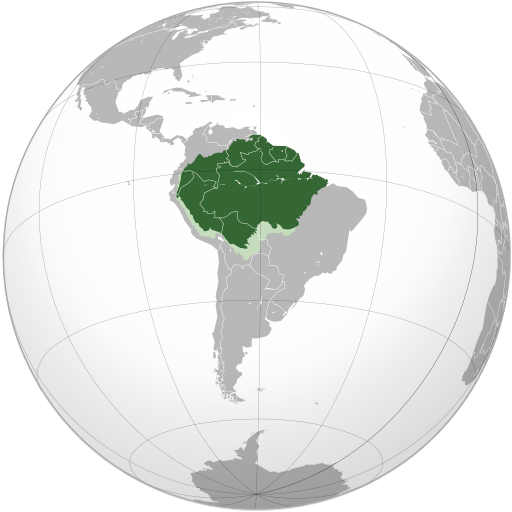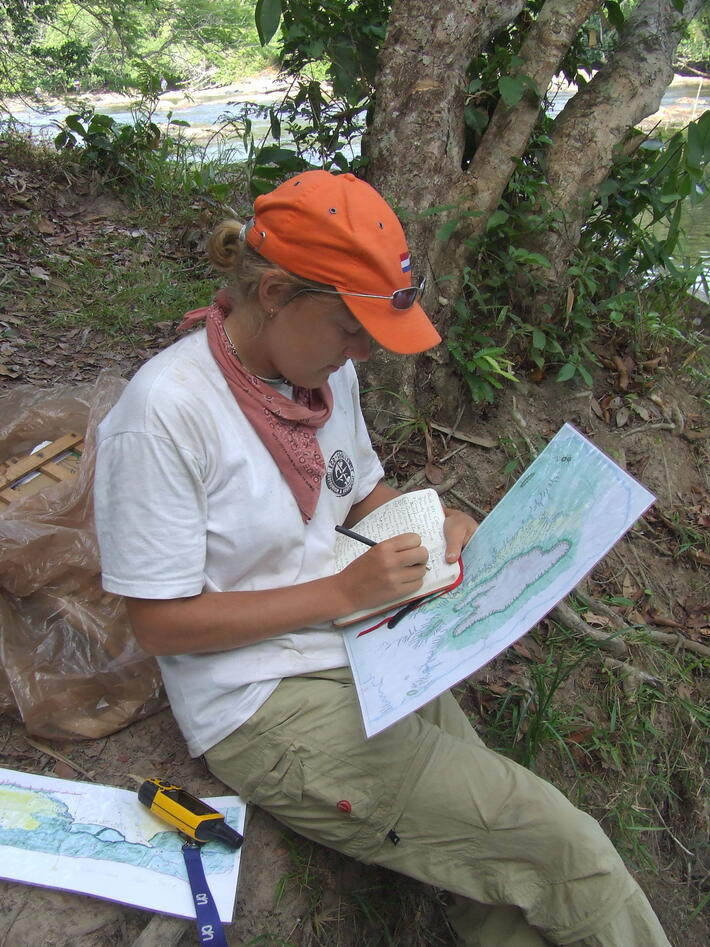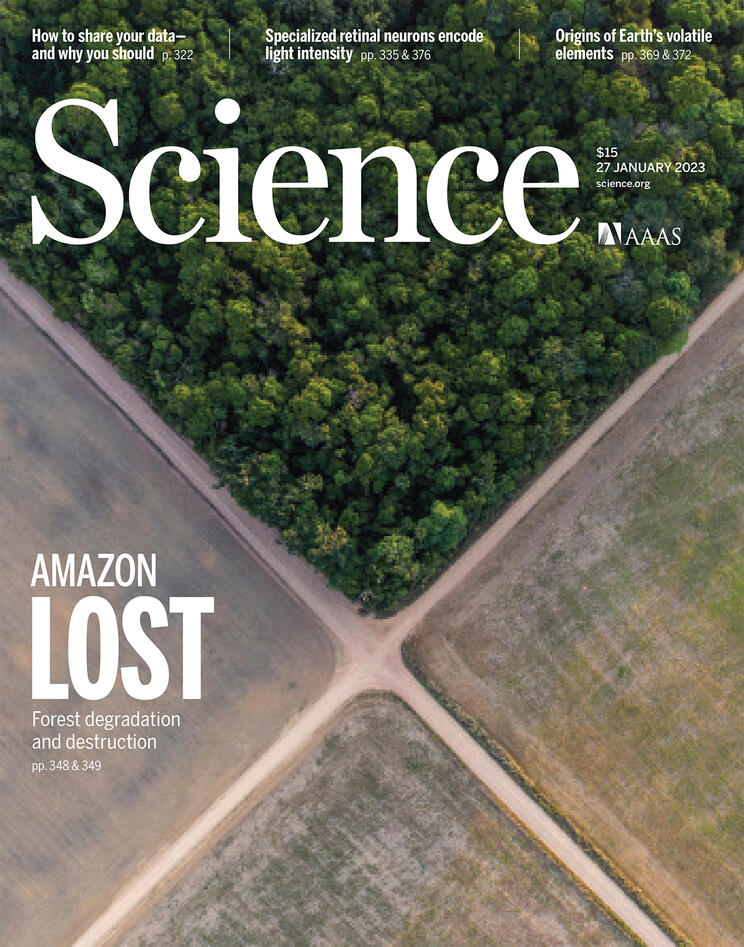Human impact destroying the Amazon ecosystems faster than ever
A new Science paper shows that human-caused changes to Amazonian ecosystems are hundreds to thousands of times faster than those of natural climatic and geological processes.

Main content
The Amazon rainforest is home to about 10% of all plant and animal species and is the most extensive and diverse ecosystem on Earth. At the same time, the Amazon rainforest covers multiple countries and makes up about approximately 40 % of Brazil’s land area, making its fertile soil a prime target for agricultural and industrial activities.
"The Amazon is currently degrading rapidly from a natural ecosystem to a heavily affected and agricultural landscape. The main drivers are: deforestation, wildfires, soil erosion, damming rivers, and desertification from global climate change", says researcher Suzette Flantua at the University of Bergen and Bjerknes Centre for Climate Research.
Flantua is one of the 19 international experts on a recently published paper in Science, titled “"Human impacts outpace natural processes in the Amazon”. The new paper highlights how Amazonian environments are being degraded by human activities at a pace far surpassing anything previously known.
"Although we already knew that Amazonian ecosystems were being heavily affected, in our latest study we show that rates of human-caused changes to the ecosystems are hundreds to thousands of times faster than those of natural climatic and geological processes. These changes are happening much too rapidly for Amazonian species, peoples, or ecosystems to respond adaptively", explains Flantua.

DISTRUCTION: Illegal mining for gold extraction is a serious treat to the Amazon’s high biodiversity and heavily pollutes waterways.
A Mountain of evidence
The data and the idea for the Science paper originated from the Science Panel for the Amazon (SPA) Assessment Report (2021). A review which consists of a 34-chapter overview of the crucial role of the Amazon as regional entity of the Earth System. Ondřej Mottl, a colleague of Flantua at the Department of Biological Sciences and Bjerknes Centre for Climate Research, is unfortunately not surprised by the new findings.
"This study adds to the mounting evidence that humans are leaving a staggering effect on natural ecosystems globally and that the degree of conversion of natural systems has been accelerating”, says Mottl.
In 2021, Flantua and Mottl published a related paper in Science, focusing on fossil pollen records to detect changes in vegetation through time. The paper showed that rates of change of vegetation started to increase across the globe 4,600 -2,900 years ago, likely when early human activity came into play.
"The new Science paper have provided even more evidence that human-induced processes are outpacing natural ones, which is quite concerning", explains Mottl.
Hoping for change, faring the consequences
In addition to highlighting our impact on the Amazonian ecosystems, the "Human impacts outpace natural processes in the Amazon” paper also provides a detailed list of policy recommendations. Examples are the sustainable use of biodiversity, a new Amazonian bioeconomy, and avoiding any mining and new large-scale infrastructure projects (mega-dams or highways).
"We know of course that policy implementation takes time, but there are many solutions at hand which are achievable with political will and leadership supported by local indigenous communities, universities, and research institutions", says Flantua.
In addition, she also highlights the crucial role of international involvement in the future of the Amazon.
"Thanks to globalization, products can come from all over the world for prices that often do not represent the human and environmental costs caused locally. Agricultural expansion has been massive in the Amazon due to huge international demands for beef and soybean for animal feed which eventually end up in our supermarkets. So, we all have a share in deciding the future of the Amazon", says Flantua.
This paper comes at a critical time, and with Brazil’s newly elected president, Lula da Silva, set to take office, there is hope for a better future for the Amazon.
"We truly hope that large-scale deforestation can be avoided, and thus preventing a devastating domino-effect for the global climate system. But we need to act now, or else the whole world will feel the consequences if we passively wait and see", concludes Flantua.



